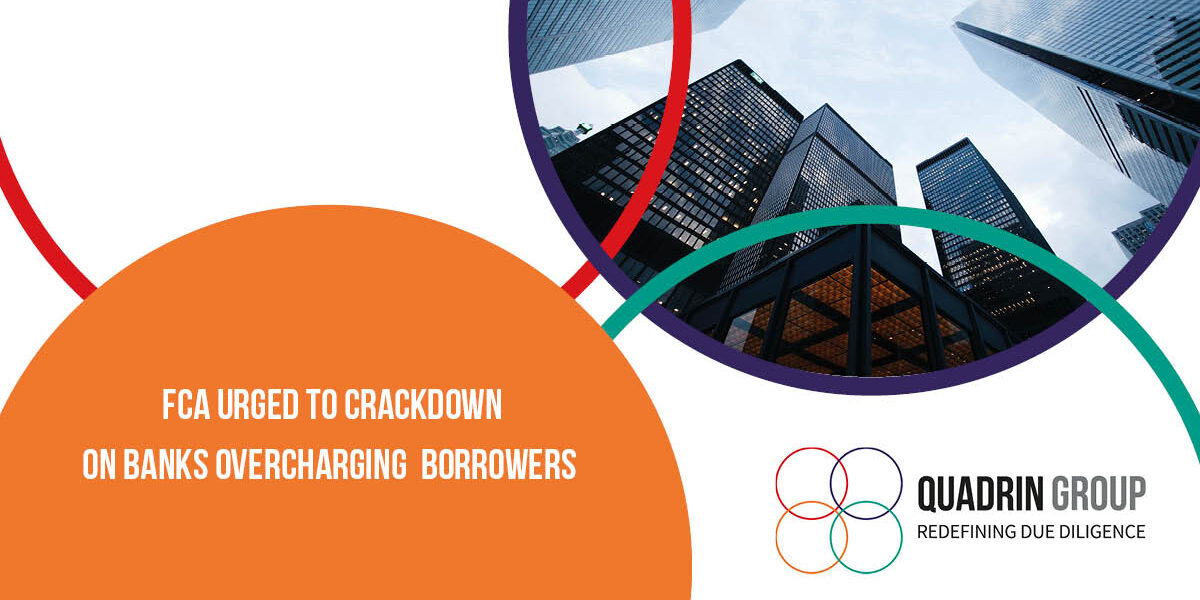The UK government faces growing pressure to toughen the rules on lenders charging a majority of customers higher interest rates than originally advertised. As outlined by the FCA, banks and other regulated lenders must offer rates as advertised, to at least 51% of their borrowers. This measure is intended to prevent people from accepting ‘attractive’ offers and taking on higher interest loans than they can afford.
An all-party parliamentary group calls for evidence of the FCA’s performance, as a leading debt campaigner accused the financial regulator of “failing the public” in standing by, as lenders continue to overcharge borrowers.
Yet in November 2021, the FCA commented on this matter to say: “it is not for us to periodically check the calculation of representative APRs (annual percentage rates). It is a firm’s responsibility to have systems and processes in place to make sure they meet all regulatory responsibility to have systems and processes in place to make sure they meet all regulatory responsibilities and treat customers fairly”
The lack of action undertaken by the FCA may have contributed to a crisis that left 8.3 million people struggling under excessive debt throughout the UK; even before the pandemic had hit. Despite this, it appears the view of the regulator is one that relies on companies to be the final arbiter in the fair treatment of customers.
Perhaps there is an argument to be made that regulators and auditors should take more of an active role in reconciling companies’ actual APR interest rates with those advertised to them, initially. The FCA could themselves, take some responsibility in routinely reviewing the extent to which firms are complying with the 51%. Government ministers are due to respond to such suggestions later this week as more firms insist that through treasury and parliament, we need to put pressure on regulators to perform “periodic spot checks.”
In response, the FCA have commented: “we always look into reports that a firm is not meeting our requirements and we will take action where appropriate.” It was also mentioned that the regulator’s current intelligence “has not suggested a widespread issue with representative APR’s.”
Customers who feel they have been charged an unfair rate can complain to the FCA or the Financial Ombudsman Service.






